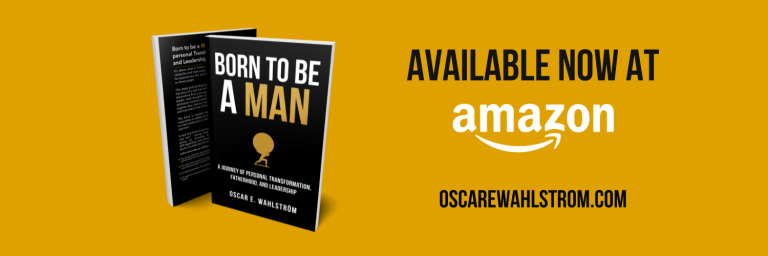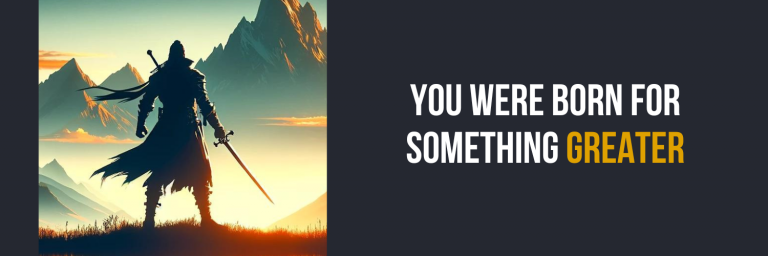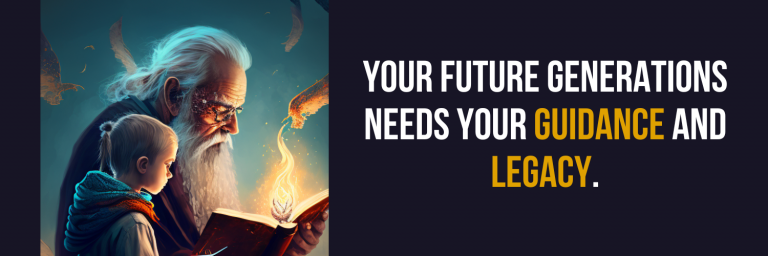Chapter 1: Dead Men Tell no Tales
January 8, 2024 2024-01-15 23:57Chapter 1: Dead Men Tell no Tales

Intuition is a wonderful tool for assessing the world around us, an ability that we all possess, but whose recommendations we do not always listen to. Intuition, seemingly not based on real facts and logical conclusions, allows you to form a direct perception of an object, sensation, or situation “on a hunch,” “automatically,” and “in conformance with the dictates of the heart.”
But it is too unreliable and unverifiable a tool to be relied upon in our rational society, isn’t it?
Intuition can be extremely useful, but rational thinking fostered by upbringing and education makes it a remote and inaccessible tool for most adults.
Children not yet spoiled by regular education have a much warmer relationship with intuition.
Since this ability is innate, 4-month-old babies show an intuitive fear in relation to threats, the dangers of which they cannot be aware, having no practical data on this matter.
A snake is a perfect example of an unfamiliar irritant for a small baby.
Children not yet spoiled by regular education have a much warmer relationship with intuition.
Since this ability is innate, 4-month-old babies show an intuitive fear in relation to threats, the dangers of which they cannot be aware, having no practical data on this matter.
A snake is a perfect example of an unfamiliar irritant for a small baby.
The instinctive repulsion of snakes by babies has been known for a very long time: in particular, it was reflected in the Greek myth of the newborn Hercules, who strangled two snakes as soon as they had the stupidity to get too close to him.
It is noteworthy that as babies get older, they seem to lose their innate intuitive fear of snakes: for example, 6-month-old babies do not experience any fear of snakes.
It seems that within a mere 60 days, the entire concept of threat posed by these reptiles can completely disappear from their genetic memory.
This is where we find the actions of parents influencing a child’s outlook.
When parents see a snake crawling up to a 6-month-old baby playing in the grass, they rush at full speed to their child and shout to him to stay away from the snake, even if the culprit of the commotion is a completely harmless non-poisonous snake.
So, not only can parents expedite the switching off of a child’s innate intuition, they immediately show up to replace it with rational knowledge, further forcing this skill to the recesses of the mind.
In the end, in dealing with snakes, a much better strategy is to respect a child’s personal space, and not rush headlong towards them.
Snakes are a great example because the idea of an uneasy relationship with snakes runs like a red thread throughout human civilization.
So, intuition does its job: children are instinctively cautious of snakes, spiders, the dark, dogs, strangers, and a host of other things long before they realize the very concept of fear or have the opportunity to draw on their own negative experiences.
If the parents had not had time to act as knights in shining armor and save their child from the slippery hissing monster, then it is quite possible that they would soon find this child sobbing bitterly due to a snake’s bleeding bite.
The physical pain from this bite will pass quickly, but the psychological mark from it will remain, perhaps for life: no experiences are remembered as sharply as the earliest ones, so, it is quite possible that your child, after such an adventure, will fear and hate snakes all his life.
In short, fear is a defensive reaction to the dangers of the world, and we can instill this defensive reaction in our children, or – if we do not rush to their aid – it will be done for us by the world itself.
I remember a great time when my baby was about six months old: we could leave him alone in another room, and he would not start screaming, crying, and looking for us.
No intuitive fears: he just sat and played.
Two months later, when he was eight months old, we couldn’t leave the room without him crying and searching for us.
He was afraid of the unknown and wanted to be close to his mom and dad so he could feel safe.
It’s so natural for any of us.
Even when we become adults, we want to feel safe and stay within our comfort zone.
And – good news! – our intuition is still with us, even if we do not know about it.
They have more serious fears. First, they do not know what will happen next.
Hell, what else could be more frightening than the unknown?
After all, any successful religion has gained its status precisely because it clearly explains to its worshipers what will happen after death.
Secondly, few people are lucky enough to die in their sleep; most often, the arrival of death is accompanied by a frightening miscellany of sorrow and suffering.
It must be admitted that readiness for death is not included in our preset program.
The fact that no one has the slightest idea of what awaits us beyond the threshold of death has created another brilliant paradox: no one has an answer to the main question of human existence. This gives limitless opportunities to representatives of all religions.
And since it is still impossible to check the “facts,” prophets and preachers promise their target audiences exactly what most likely touches hearts, softens brains, and opens wallets.
Get back to homepage
Leaders vs. Heroes – The Art of Inspiring and Guiding
Leaders vs. Heroes – The Art of Inspiring and Guiding …
Responsibility – The Surprising Key to Fulfillment and Growth
Responsibility – The Surprising Key to Fulfillment and Growth Discover …
Chapter 2: Dead Men Tell no Tales – Life Without Meaning
Dead Men Tell no Tales: Life Without Meaning Does it …
Introduction of “Born to be a Man” – Knights of the Modern Round Table
Round Table Introduction of “Born to be a Man” – …
Search
Popular posts
Born to be a Man: A Journey of Personal Transformation, Fatherhood, and Leadership














